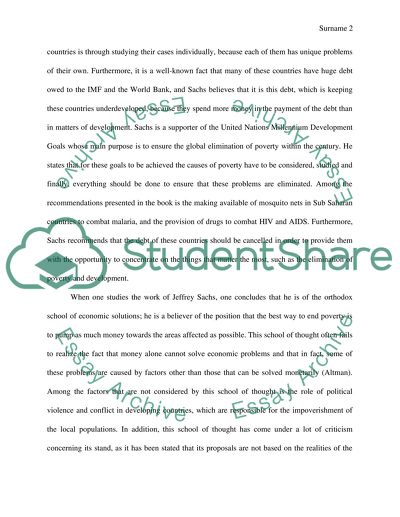Cite this document
(“The End of Poverty Book Report/Review Example | Topics and Well Written Essays - 1500 words”, n.d.)
The End of Poverty Book Report/Review Example | Topics and Well Written Essays - 1500 words. Retrieved from https://studentshare.org/history/1467656-the-end-of-poverty
The End of Poverty Book Report/Review Example | Topics and Well Written Essays - 1500 words. Retrieved from https://studentshare.org/history/1467656-the-end-of-poverty
(The End of Poverty Book Report/Review Example | Topics and Well Written Essays - 1500 Words)
The End of Poverty Book Report/Review Example | Topics and Well Written Essays - 1500 Words. https://studentshare.org/history/1467656-the-end-of-poverty.
The End of Poverty Book Report/Review Example | Topics and Well Written Essays - 1500 Words. https://studentshare.org/history/1467656-the-end-of-poverty.
“The End of Poverty Book Report/Review Example | Topics and Well Written Essays - 1500 Words”, n.d. https://studentshare.org/history/1467656-the-end-of-poverty.


